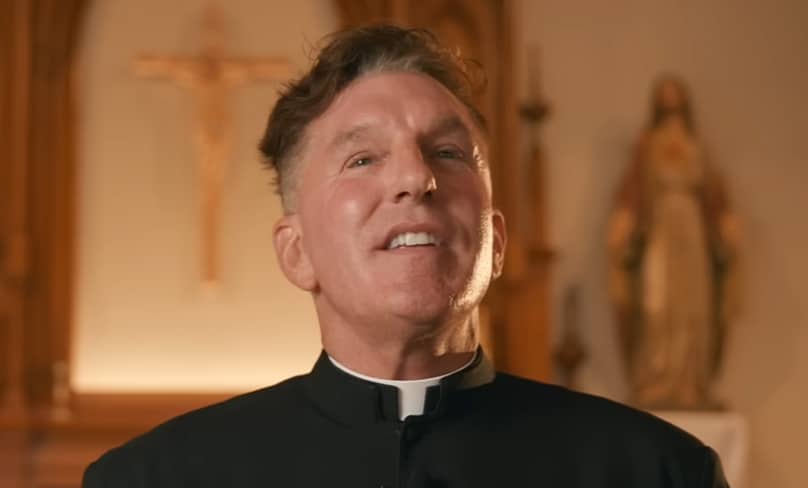
Some of you may have seen a YouTube clip from Fr James Altman, a priest of the diocese of La Crosse, Wisconsin last week. In the video, Father Altman—who achieved notoriety for an August 2020 video in which he said that one could not be Catholic and vote for the Democrats because of the party’s overt support for abortion—declared that Pope Francis is not the pope.
Fr Altman’s basis for making the claim went along the lines of: (1) anyone who teaches heresy is excommunicated; (2) Pope Francis has taught heresy; (3) by doing so, Pope Francis has excommunicated himself; and (4) an excommunicated person cannot hold the office of pope.
In the 30-minute video, Fr Altman lists 20 examples of alleged heresies taught by Pope Francis to justify his claim.
None of the actions or statements of the Holy Father referred to by Fr Altman amount to heresy; they are decisions that have been subject to criticism, including a variety of curial appointments and the restrictions on the traditional Latin Mass. While Fr Altman and others may not like the decisions, strong disagreement over these issues does not lead to the conclusion that the current papacy is illegitimate.
I do not intend to go through his claims in detail, because I don’t know anyone who is taking him seriously and they are not the interesting part of this tale for me.
What interested me is how Fr Altman’s video and the thousands of comments of congratulations posted underneath it illustrated how much damage these “YouTube famous” preachers and commentators can do to the faithful. These Catholic influencers, lay and clerical, progressive and conservative, are causing a great deal of harm. I apologise for using the conservative and progressive labels. They are too simplistic, but they are convenient here.
Those on the “progressive” side take advantage of synodal processes that promote a culture of dialogue and deep listening—and a reluctance of those in authority to publicly correct error—to advocate the same “reforms” they’ve been after since the 70s. Today, these are about as attractive to young people today as the brown suits and denim shirts that were popular back then.
Those on the “conservative” side exploit the confusion at some of what the Holy Father says to journalists (or in footnotes), the frustration over church closures and vaccine mandates during COVID and increasing angst over a culture that wants to remove all religion from the public square to make people suspicious of, and even antagonistic towards, their bishops.
While they would consider themselves as wildly different from each other, each “side” is remarkably the same. The most generous reading of self-appointed social media prophets would say they believe that the pursuit and proclamation of the truth (as they see it) is so important that it justifies disobedience and a rejection of the teaching authority of the bishops.
But reading their motives less charitably, but perhaps more realistically, they publicly declare that there is a leadership vacuum in the church so they can fill it with their own “prophetic” voice, which is conveniently and handsomely funded by YouTube advertising or donations pages. These self-declarations of prophecy become self-fulfilling. Any correction or criticism, however legitimate, is seen as persecution—even, and perhaps especially, when it comes from their superiors. They become martyrs for their cause, with all opposition only emboldening them and their supporters.
Such social media extremism—whether left-wing or right-wing—acts like a drug. A person needs to express increasingly radical views to get the same interest, the same number of clicks and likes and shares. In a world and church marked by polarisation and a rapidly diminishing middle-ground, a person differentiates themselves from the other progressives or conservatives online by upping the ante on how brazen they are in expressing their views.
It’s not just the Fr James Altmans, or the Fr James Martins, for that matter. All of us, myself included, can be tempted to play to the extremes because it is where you get the most attention. That’s why, before we ever say or write anything publicly, we should examine seriously whether it is aimed at unity or division, and if the latter, we should switch off the device and get on our knees. Otherwise, we too could be two or three posts away from becoming another Fr Altman.
